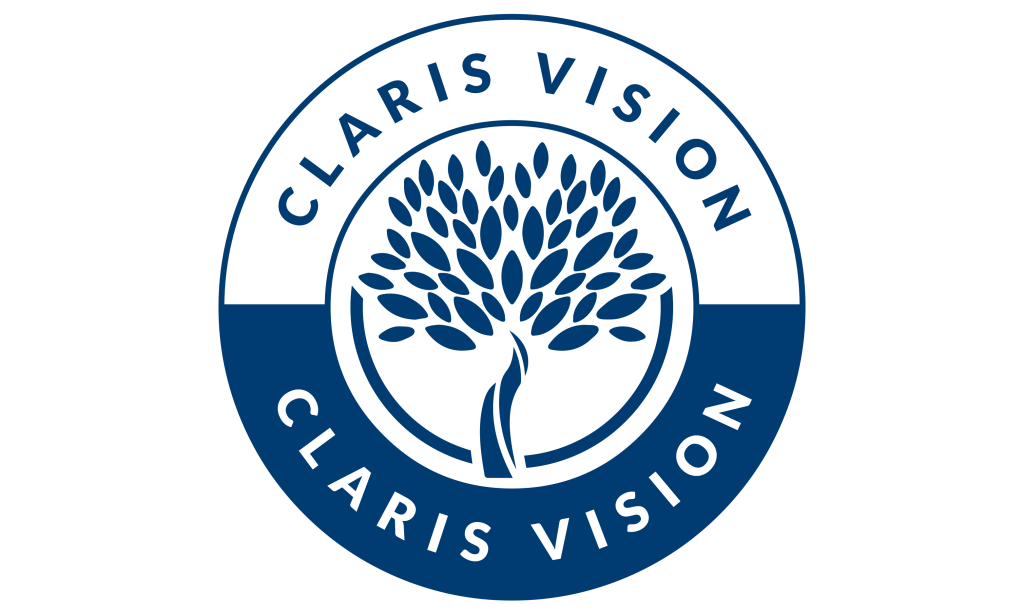In this post I provide some advice on how to keep your eyes healthy, particularly during these difficult times when our normal routine has been affected by the coronavirus outbreak and access to care may be difficult. I hope you find it useful.
Six Tips for Maintaining Good Eye Health Naturally
Please keep safe by staying at home to stop the coronavirus spreading. Stay up to date with the latest advice provided by the NHS: https://www.nhs.uk/conditions/coronavirus-covid-19/
1. Adopt a healthy diet and lose weight
Eating a healthy balanced diet, enriched with fruit, vegetables, high-fibre foods and unsaturated oils, is important in maintaining good health and preserving your vision.
Omega-3 fatty acids are essential to good eye health and particularly useful in preventing and treating dry eyes. Good dietary sources include salmon, walnuts, flaxseeds, cauliflower, spinach and eggs.
Antioxidants may have a role in age-related macular degeneration and cataract, by delaying their development and deterioration. Both conditions cause a progressive loss of vision. Vitamins A, C and E are important antioxidants, as are lutein and zeaxanthin. Great dietary sources of these antioxidants are vegetables, such as kale, red pepper, spinach, broccoli and peas. Other foods include eggs, oranges, sweetcorn and orange peppers.
Exercising and losing weight are also important for your eye health. Epidemiological studies have shown that being overweight can be associated with elevated pressure inside the eyes, cataract, diabetic retinopathy and age-related macular degeneration.
2. Stop smoking
The devastating effect of smoking on health is well known, mainly due to smoking’s role as a major cause of cancer, heart and blood vessel disease and lung conditions.
Smoking has adverse effects on eye health too. Smoking is one of the largest risk factors for the development of age-related macular degeneration. It also compromises the health of the blood supply to the retina, potentially causing sudden and irreversible loss of vision by a retinal artery occlusion, a stroke like event to the eye.
Numerous studies have linked smoking with the development of cataract. In addition, the small particles that are present in cigarette smoke can irritate the conjunctiva, the white part of the eye, and cause dryness and discomfort. This may be more of an issue for contact lens wearers.
3. Have frequent breaks when reading or performing computer work
Reading a book, browsing on your tablet or mobile phone, and computer work require more effort from your eyes than when looking in the distance. This can also result in uncomfortable eyes, because when looking at screens we don’t blink as frequently as normal, leading to dryness of the surface of the eye. This effect is exacerbated with air-conditioning and central heating.
It has been shown that too much close-up work in childhood and up to early adulthood, particularly indoors, can lead to short-sightedness and the need for glasses.
I would therefore recommend that after 20 minutes of computer and close-up work you have a 20 second break to look at something 20 feet in the distance. This gives your eyes short breaks, allowing the muscles to relax and a more natural blinking to resume.
4. Do not over wear your contact lens and practise good lens care
Wearing your contact lenses for longer than advised or for longer than your eyes feel comfortable can lead to contact lens intolerance and corneal ulceration. Contact lens intolerance symptoms include irritation, burning sensation, grittiness, dry eye and watery red eye. They can result in you having to limit or stop your lens wear.
Bad habits to avoid include not washing your hands when inserting or removing your lenses, showering in your lenses, contaminating your lens solutions with tap water and wearing the lenses beyond their lifespan; these cause corneal ulceration and sight threatening infection.
5. Visit your optician regularly
I would advise you to have an eye examination by your optometrist at least every 24 months. Optometrists can detect serious eye problems like glaucoma, cataract and age-related macular degeneration. He will also ensure your vision meets the legal requirements for driving and prescribe appropriate spectacles or contact lenses to assist in achieving this.
6. Wear sunglasses all year round
In addition to being style accessories, sunglasses do protect your eyes from ultraviolet (UV) radiation. Progressive exposure to UV radiation throughout life is implicated with oxidative stress and the ageing processes of the body. There is very good evidence to suggest that excessive UV exposure can cause tumours of the eyelids and eye surface, and some evidence linking it to the development of cataract, glaucoma and age-related macular degeneration.



